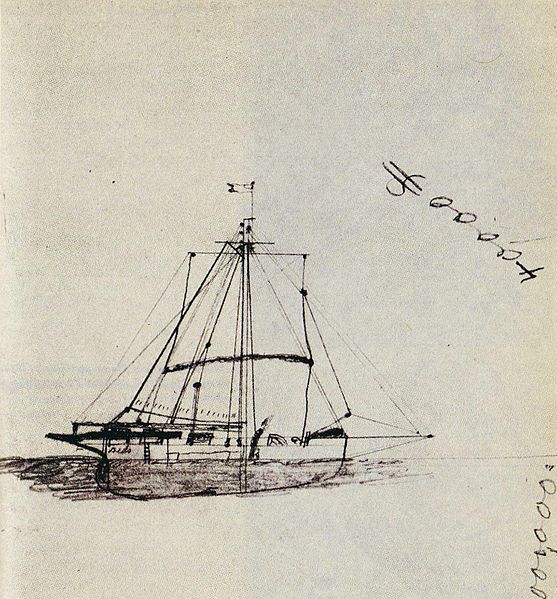Infinite photos and videos for every Wiki article ·
Find something interesting to watch in seconds
Presidents
Sports
Celebrities
Largest Empires
Great Museums
History by Country
Rare Coins
Supercars
Crown Jewels
Great Cities
Great Artists
Ancient Marvels
Recovered Treasures
Wonders of Nature
Countries of the World
Tallest Buildings
Kings of France
Richest US Counties
Famous Castles
Orders and Medals
World Banknotes
Animals
Largest Palaces
Wars and Battles
Best Campuses
British Monarchs
more top lists






